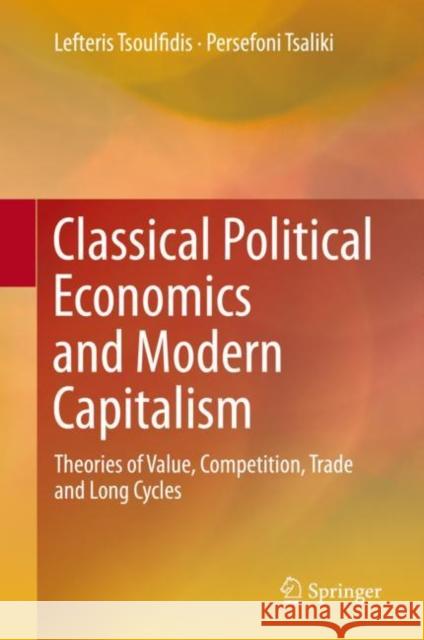Classical Political Economics and Modern Capitalism: Theories of Value, Competition, Trade and Long Cycles » książka
topmenu
Classical Political Economics and Modern Capitalism: Theories of Value, Competition, Trade and Long Cycles
ISBN-13: 9783030179663 / Angielski / Twarda / 2019 / 456 str.
Classical Political Economics and Modern Capitalism: Theories of Value, Competition, Trade and Long Cycles
ISBN-13: 9783030179663 / Angielski / Twarda / 2019 / 456 str.
cena 483,04
(netto: 460,04 VAT: 5%)
Najniższa cena z 30 dni: 462,63
(netto: 460,04 VAT: 5%)
Najniższa cena z 30 dni: 462,63
Termin realizacji zamówienia:
ok. 16-18 dni roboczych.
ok. 16-18 dni roboczych.
Darmowa dostawa!
Kategorie:
Kategorie BISAC:
Wydawca:
Springer
Język:
Angielski
ISBN-13:
9783030179663
Rok wydania:
2019
Wydanie:
2019
Ilość stron:
456
Waga:
0.84 kg
Wymiary:
23.39 x 15.6 x 2.69
Oprawa:
Twarda
Wolumenów:
01
Dodatkowe informacje:
Wydanie ilustrowane











